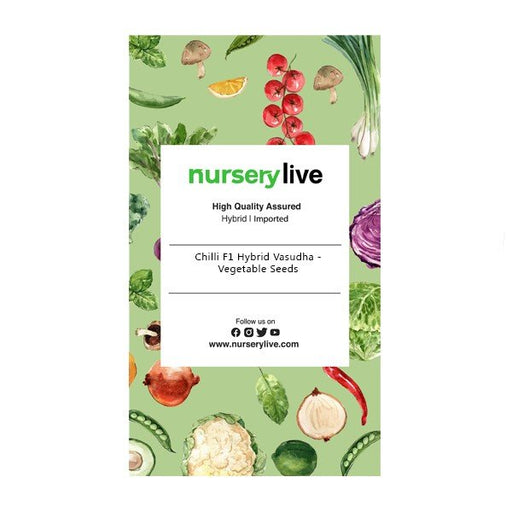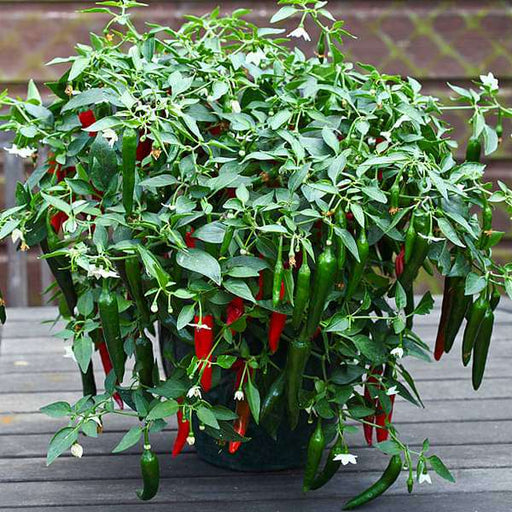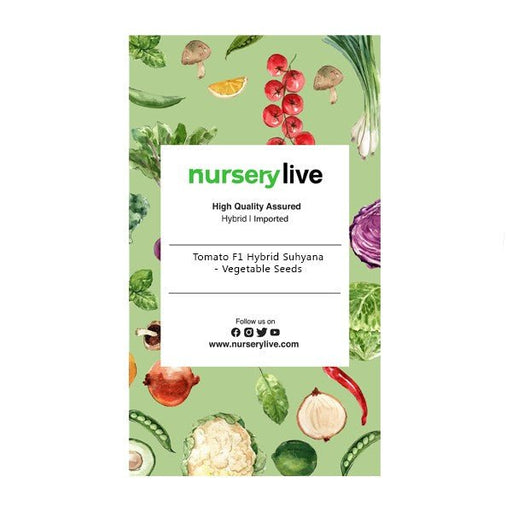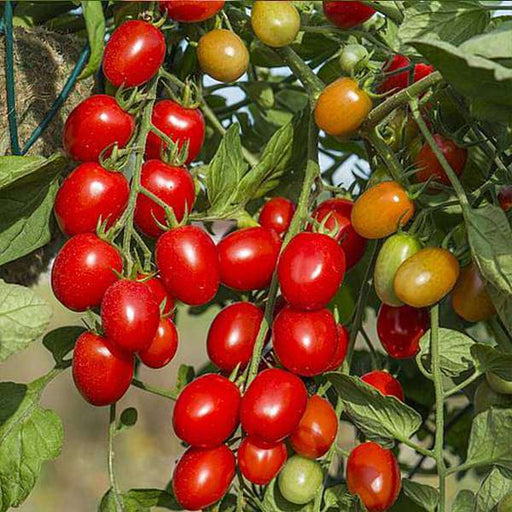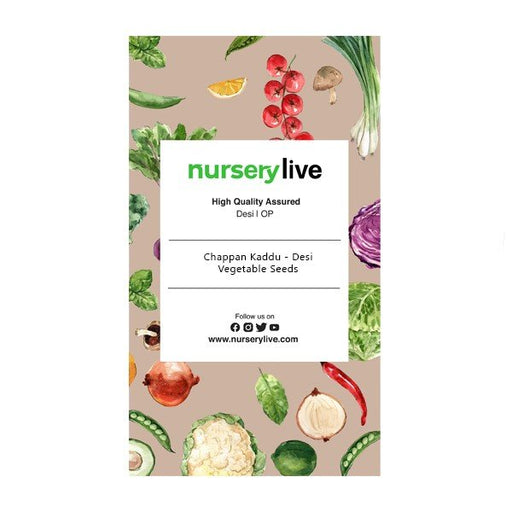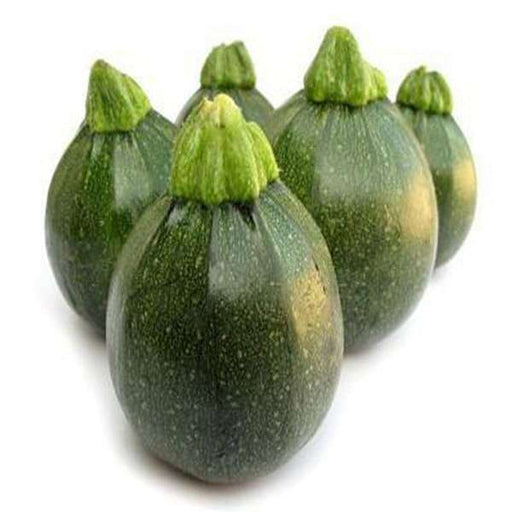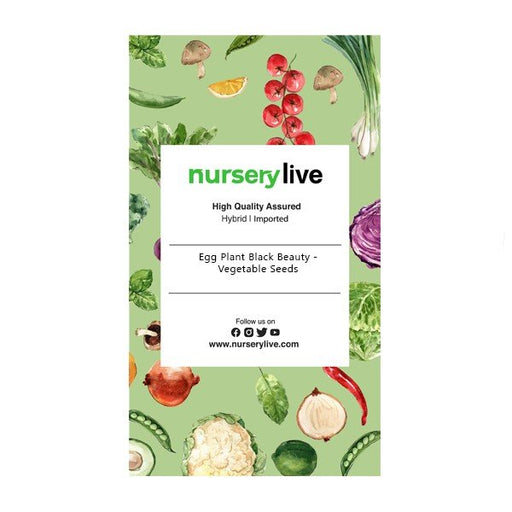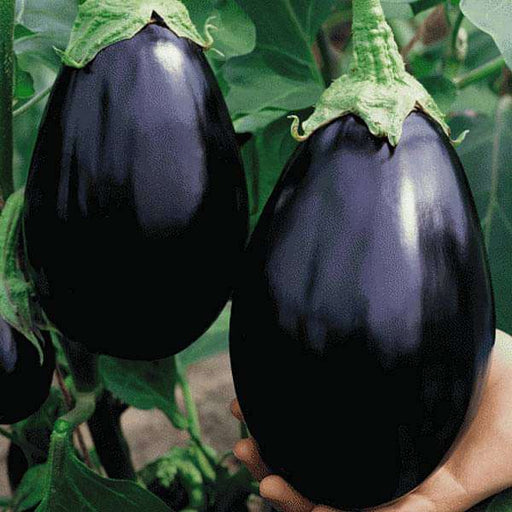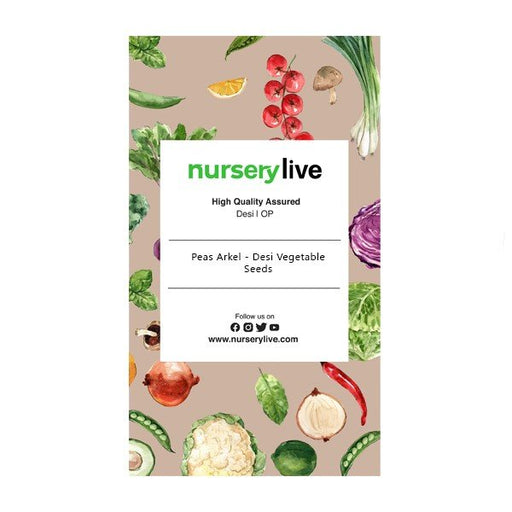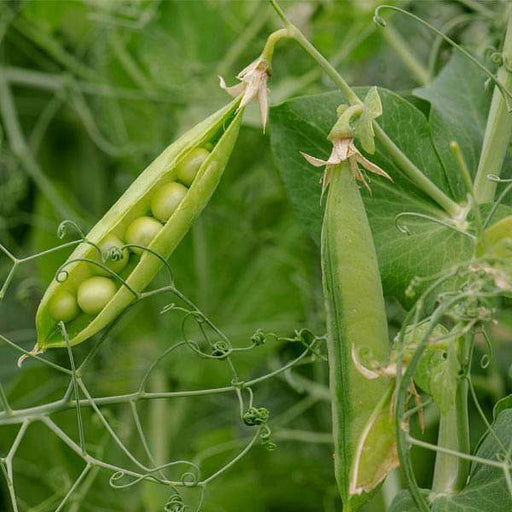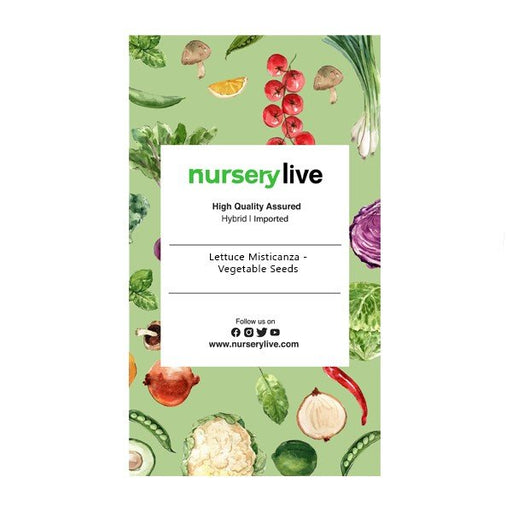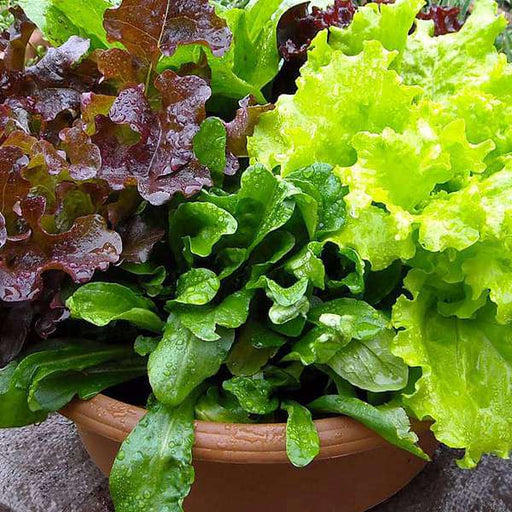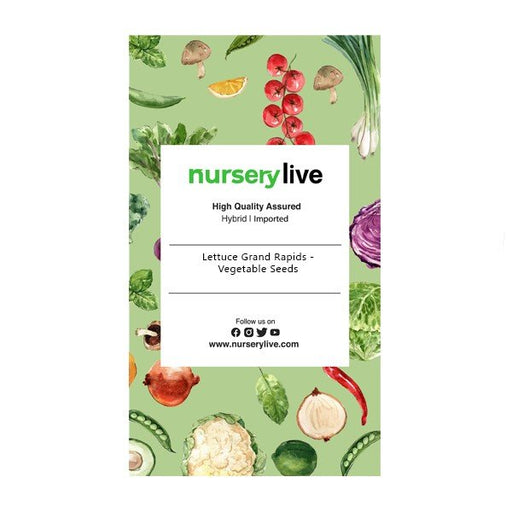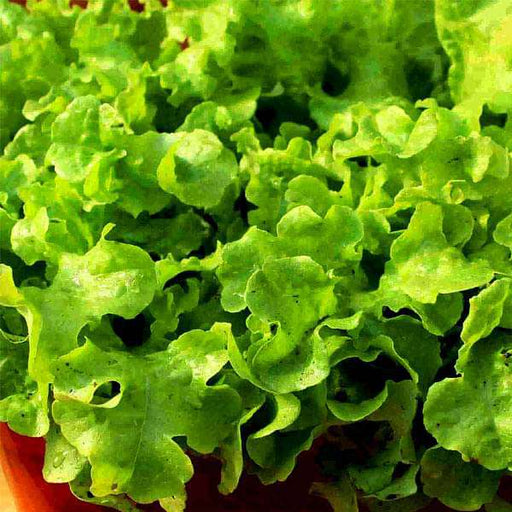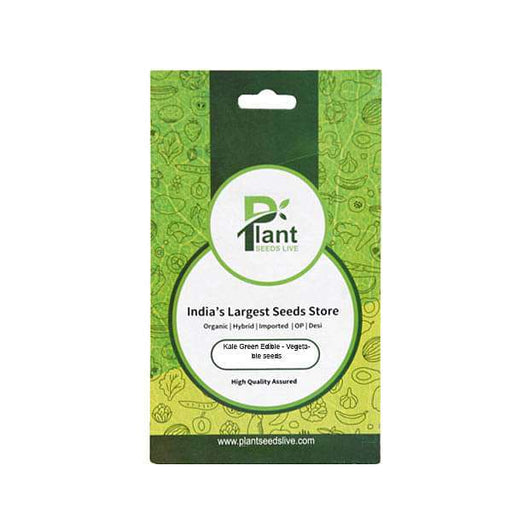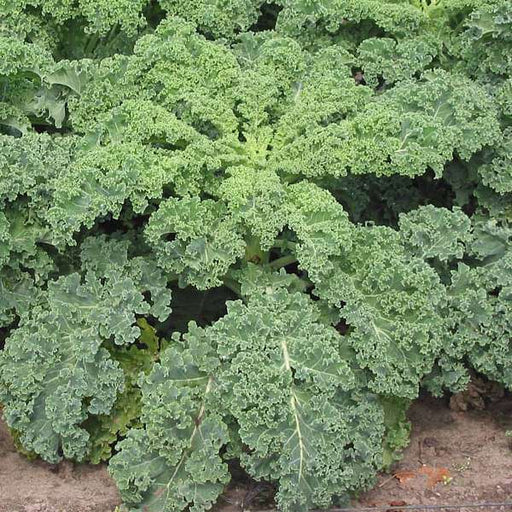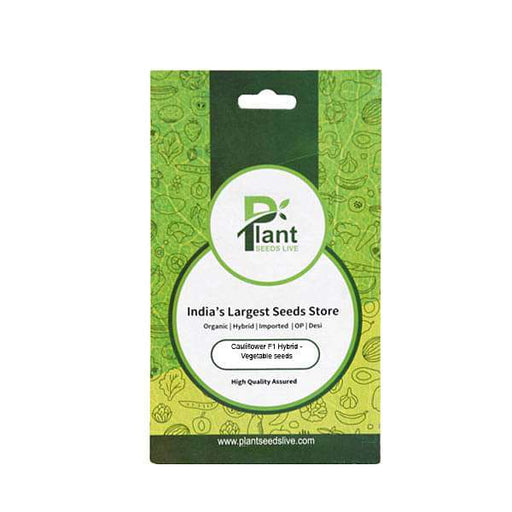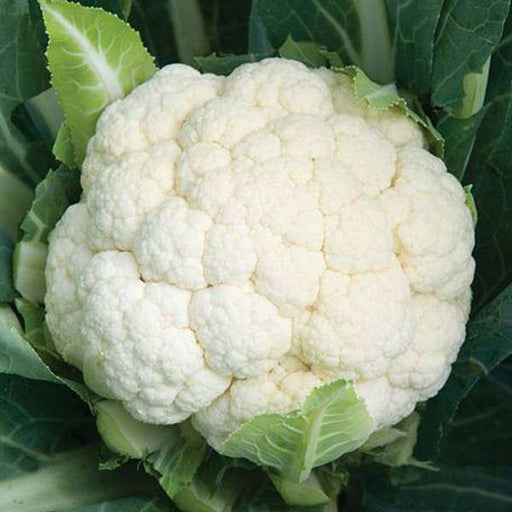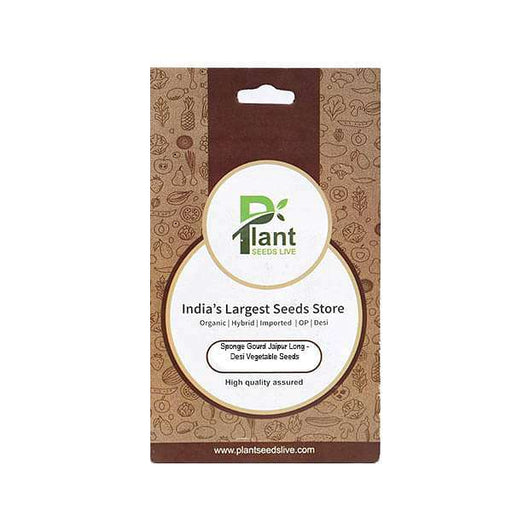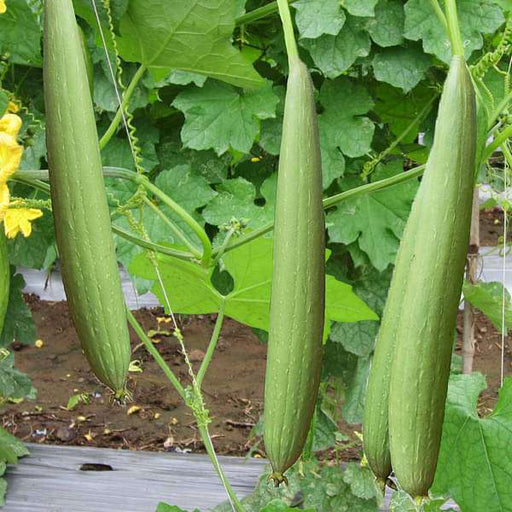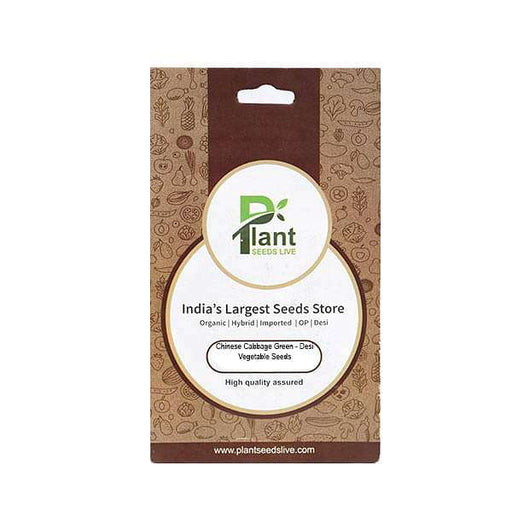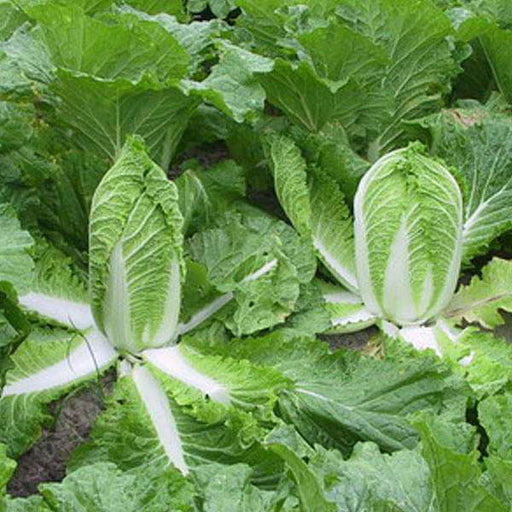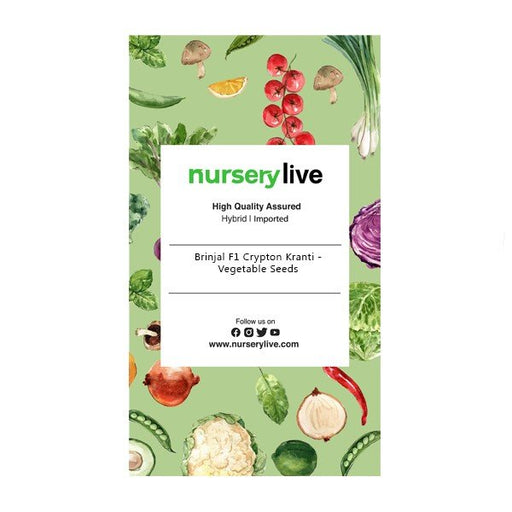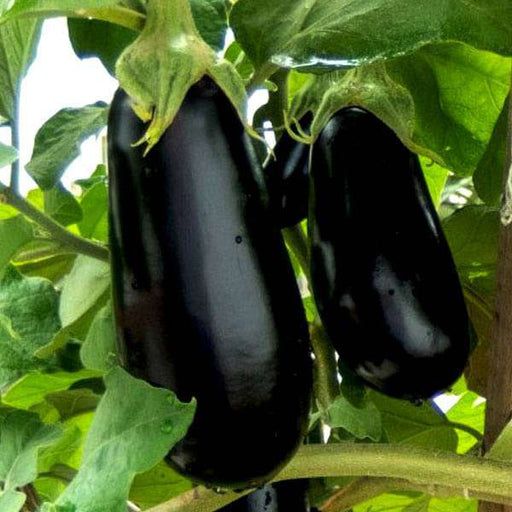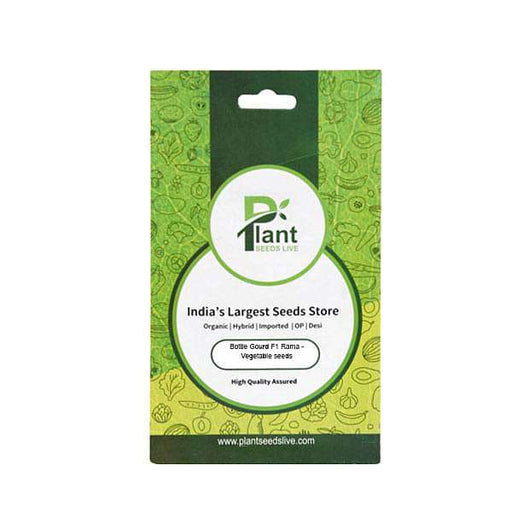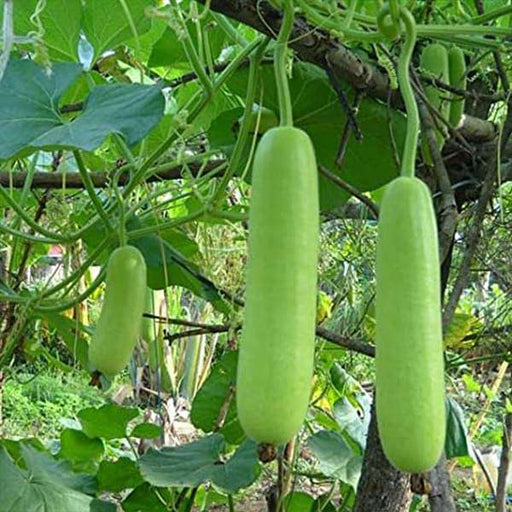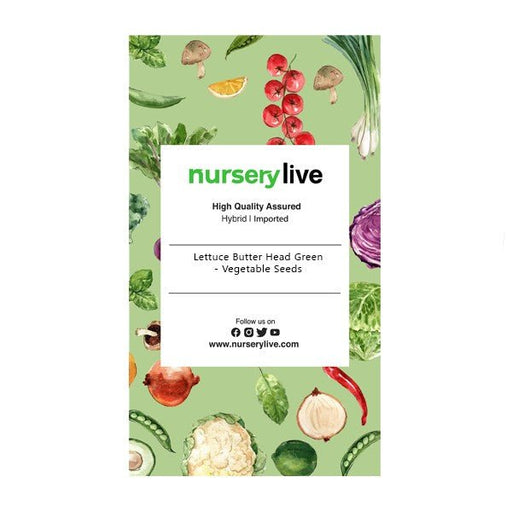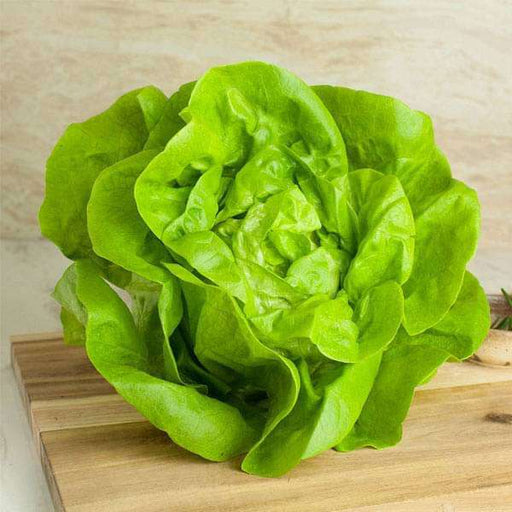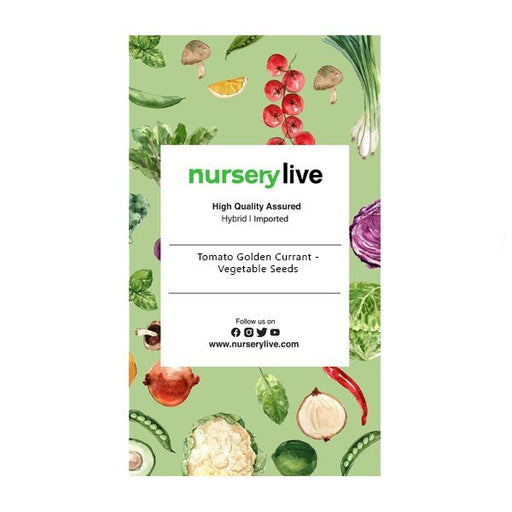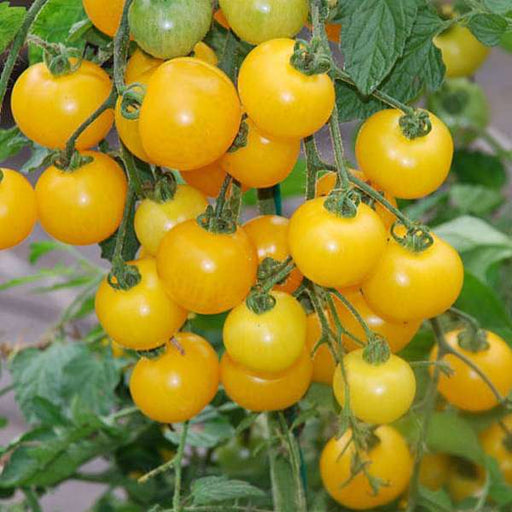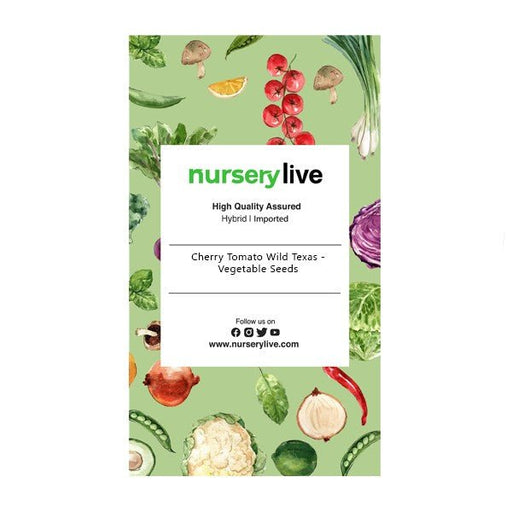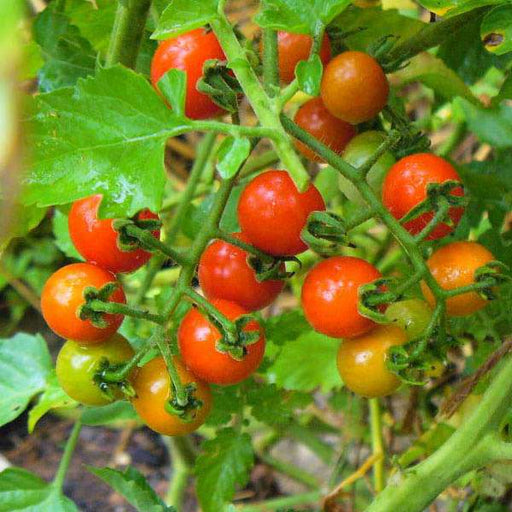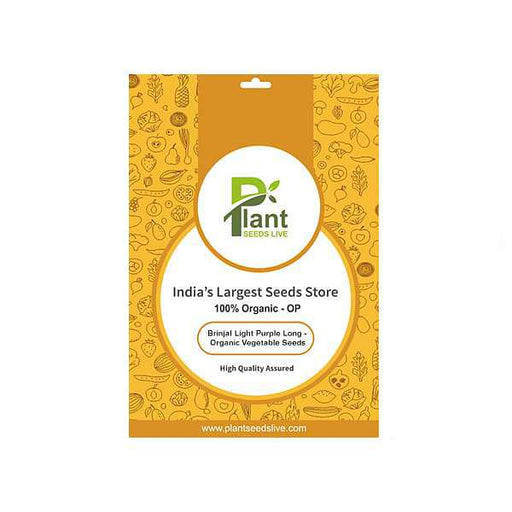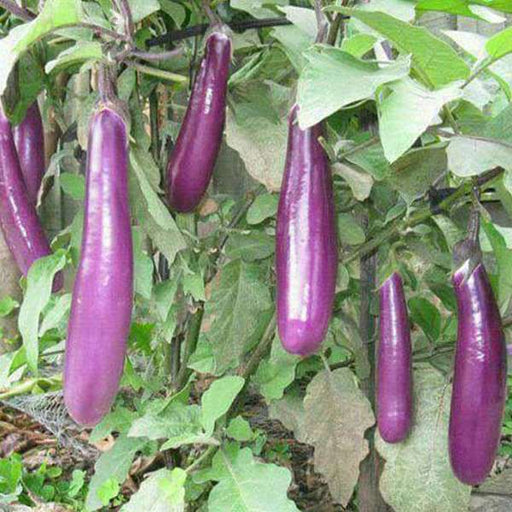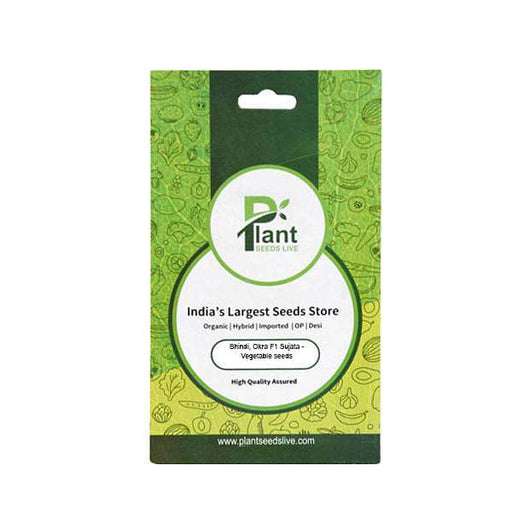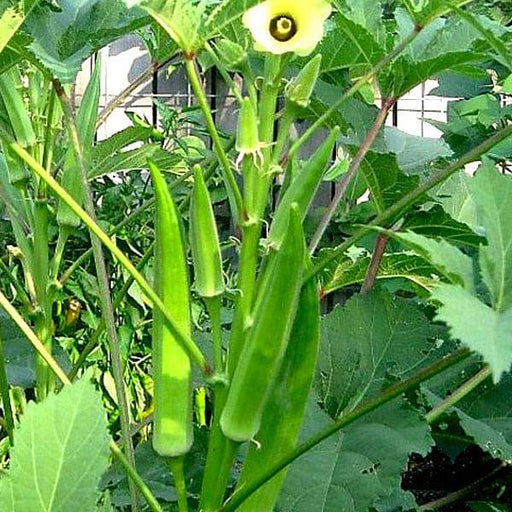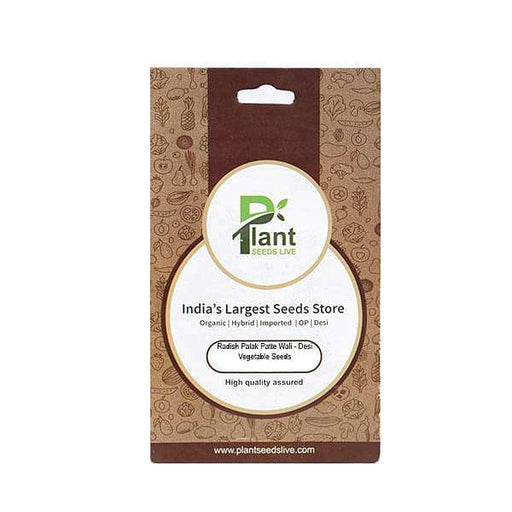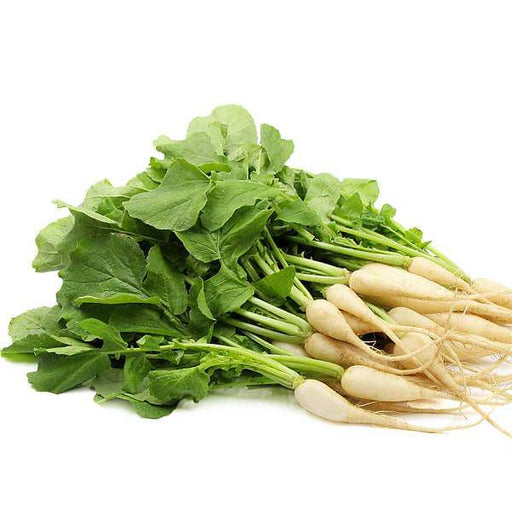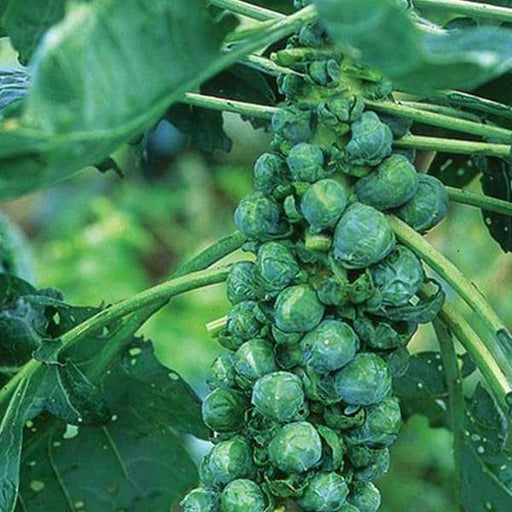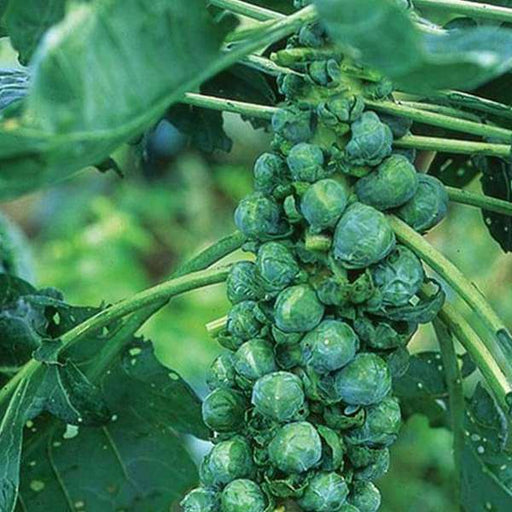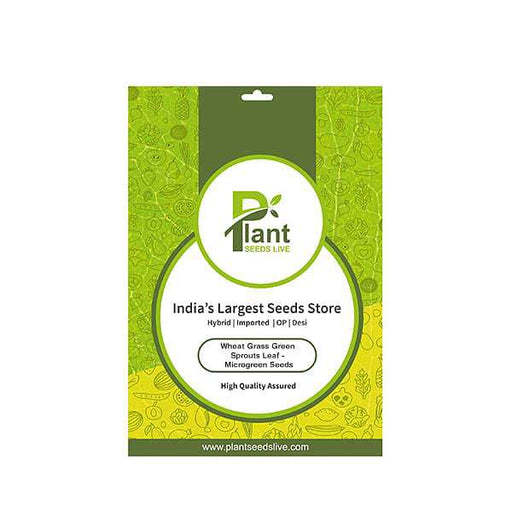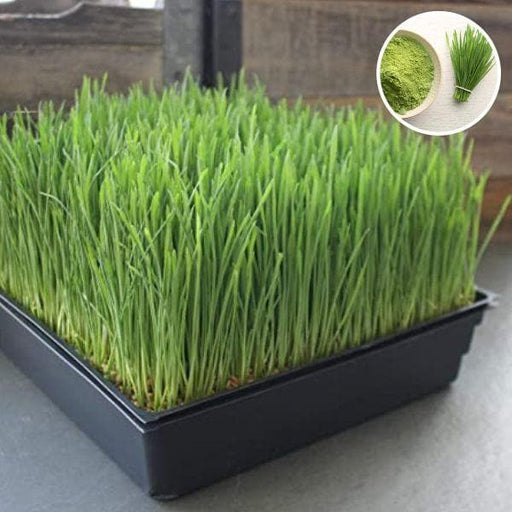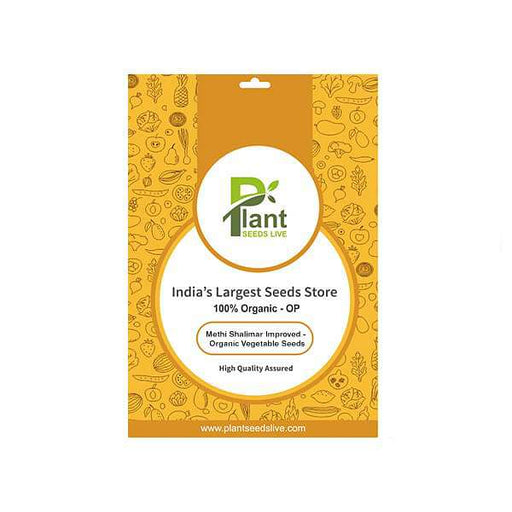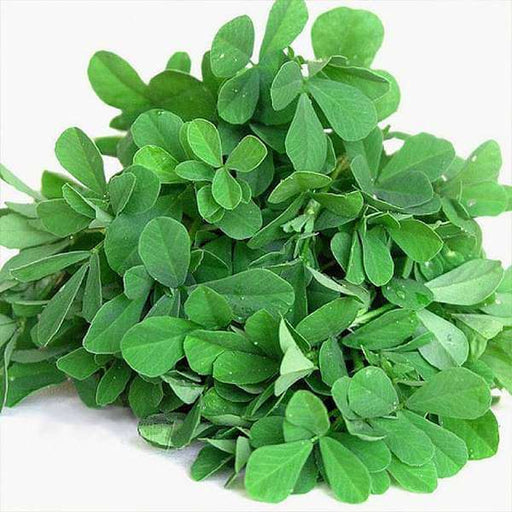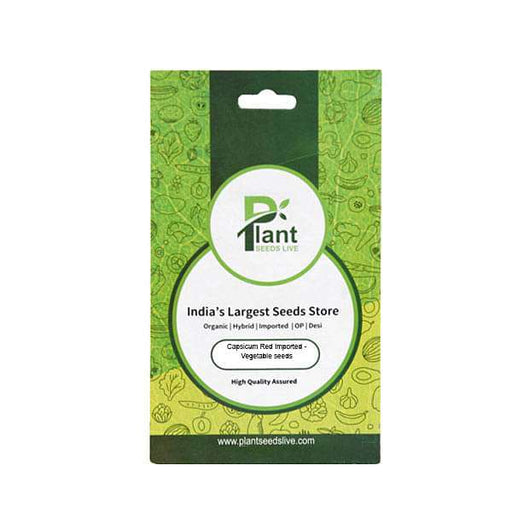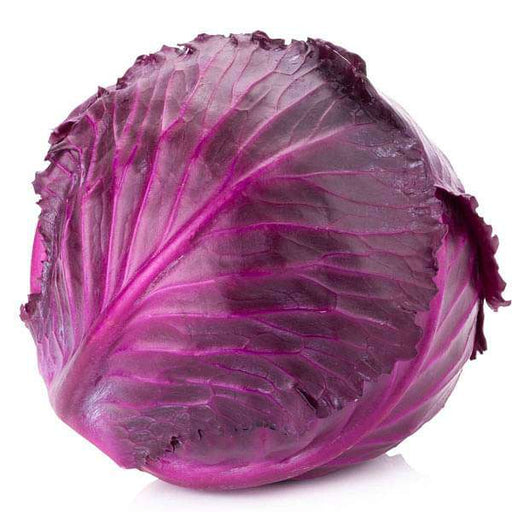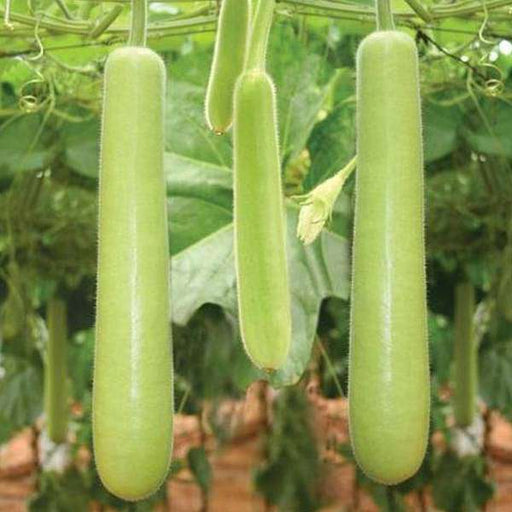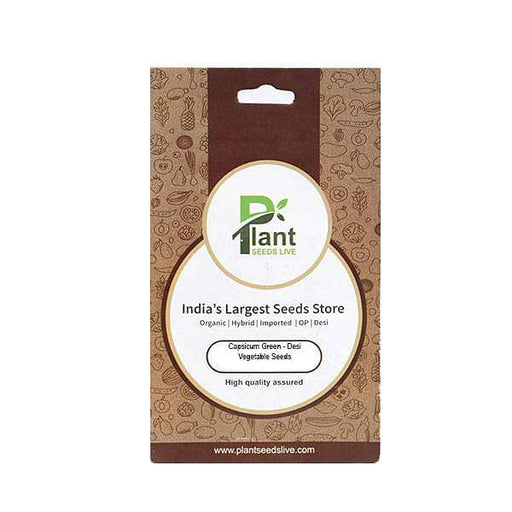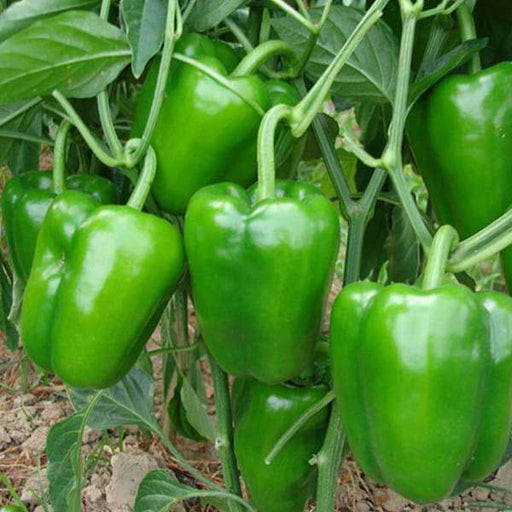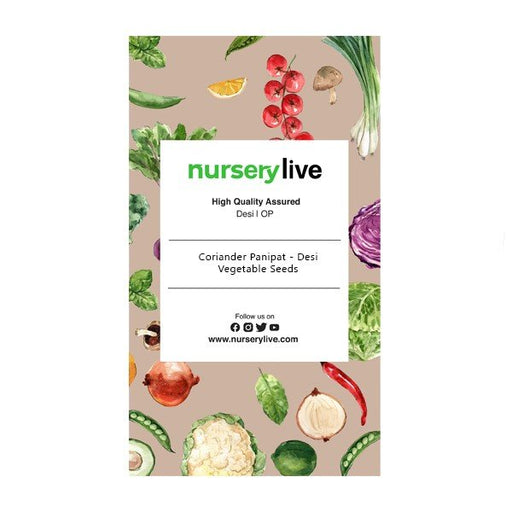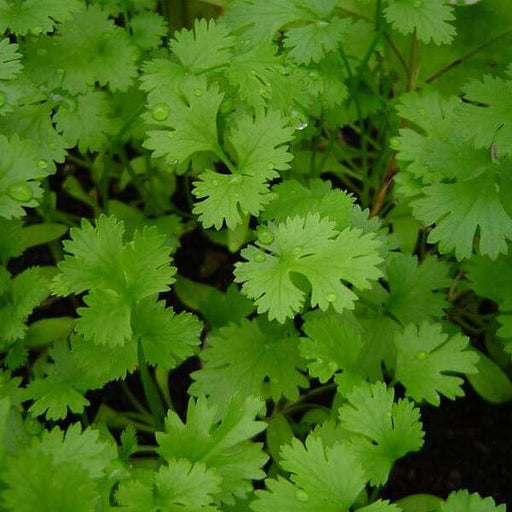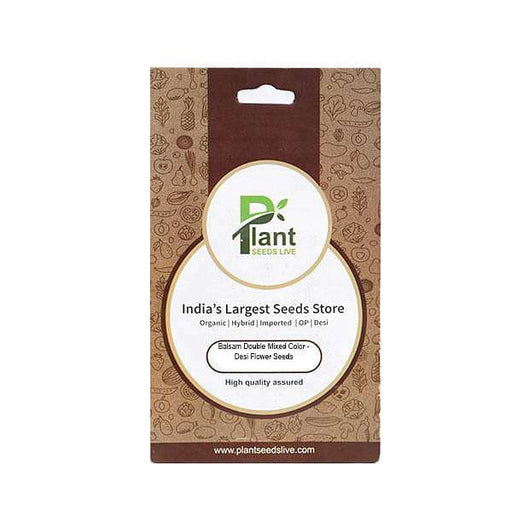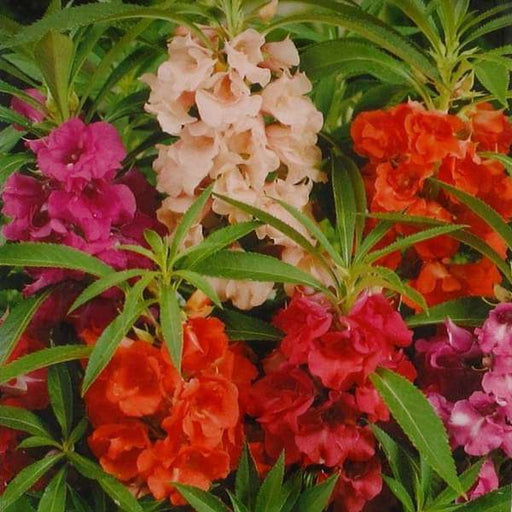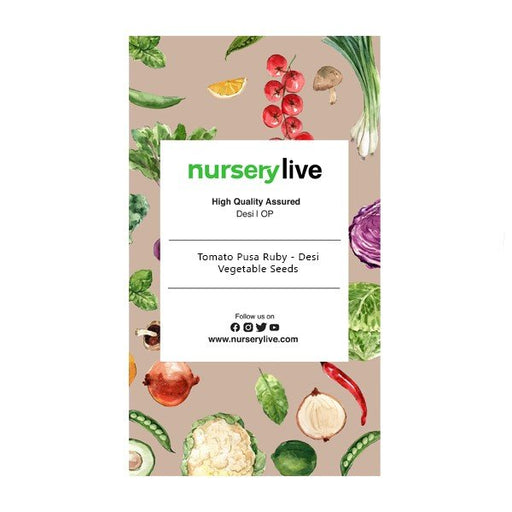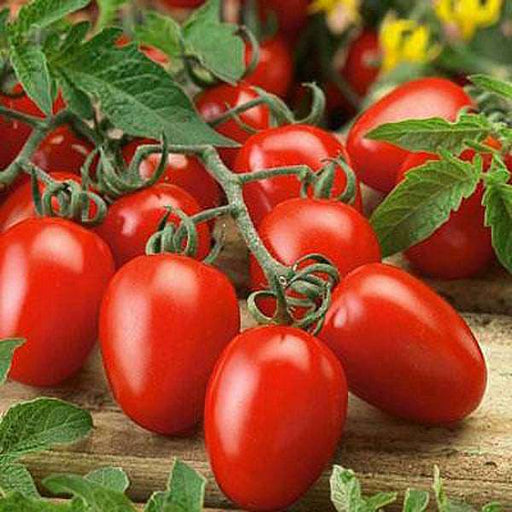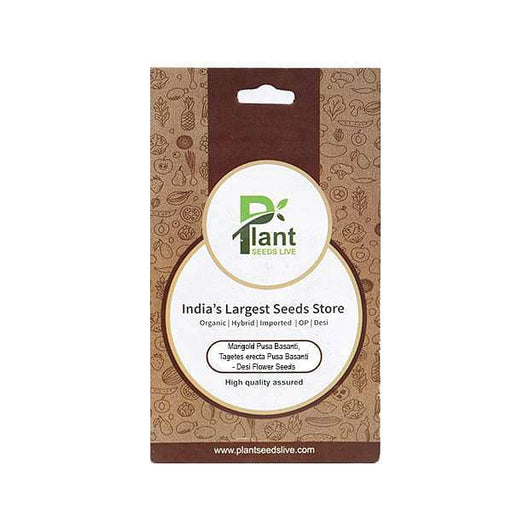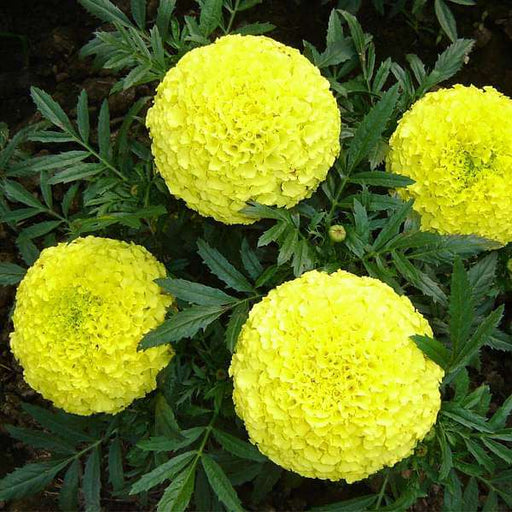Container gardening
Container gardening is a great way to grow vegetables in limited space. With the right potting mix and containers, you can grow a variety of vegetables in pots.
Indoor gardening
Indoor gardening is a fantastic way to grow vegetables all year round. With the right light and temperature, you can grow a variety of vegetables in your home.
Organic gardening
Organic gardening is all about growing vegetables without the use of synthetic fertilizers or pesticides. By using natural methods, you can grow healthy and nutritious vegetables in pots.
Seed starting
Seed starting is the process of growing plants from seeds. With the right conditions and care, you can start vegetable seeds in pots and transplant them into larger containers or directly into the ground.
Raised beds
Raised beds are an excellent option for container gardening. They allow you to control the soil quality and drainage, and they're perfect for growing vegetables in small spaces.
Companion planting
Companion planting is a technique where you plant different types of plants together to create a mutually beneficial environment. By planting vegetables that complement each other, you can maximize your yields and minimize pest problems.
Hydroponics
Hydroponics is a method of growing plants without soil. With a hydroponic system, you can grow vegetables in nutrient-rich water in a controlled environment.
Microgreens
Microgreens are young, tender plants that are harvested when they're only a few inches tall. With a little bit of space and the right equipment, you can grow microgreens in pots and enjoy them in your salads and sandwiches.
Vertical gardening
Vertical gardening is a technique where you grow plants vertically instead of horizontally. By utilizing vertical space, you can grow more vegetables in a smaller area.
Self-watering pots
Self-watering pots are a convenient option for container gardening. They have a reservoir that holds water, so your plants get the water they need without you having to water them constantly.
Companion herbs
Companion herbs are herbs that you plant with your vegetables to repel pests, attract beneficial insects, or improve the flavor of your vegetables. By planting herbs like basil, mint, or thyme, you can enhance the flavor of your vegetables and keep pests away.
Edible flowers
Edible flowers are a beautiful addition to any garden, and they're also delicious. By planting flowers like nasturtiums, calendula, or pansies, you can add color and flavor to your salads and other dishes.
Square foot gardening
Square foot gardening is a method where you divide your garden into square foot sections and plant a specific number of plants in each section. By spacing your plants out this way, you can maximize your yields and minimize weed problems.
Companion fruits
Companion fruits are fruits that you plant with your vegetables to improve pollination, repel pests, or improve the flavor of your vegetables. By planting fruits like strawberries, blueberries, or raspberries, you can enhance the flavor of your vegetables and attract pollinators.
Vermicomposting
Vermicomposting is a method of composting where you use worms to break down your organic waste. By composting your food scraps and using the resulting vermicompost in your pots, you can create a nutrient-rich soil for your vegetables.
Shade gardening
Shade gardening is a technique where you grow plants in areas that receive less than six hours of direct sunlight per day. With the right plants and the right conditions, you can grow a variety of vegetables in shady areas.
Dwarf varieties
Dwarf varieties of vegetables are perfect for container gardening. They take up less space, but they still produce plenty of delicious vegetables.
Kitchen scraps
Kitchen scraps like carrot tops, onion bottoms, and celery leaves can be used to grow new vegetables in pots. By placing these scraps in a container of water, you can encourage them to sprout roots and grow into new plants.
Soil amendments
Soil amendments like compost, vermiculite, and perlite can be added to potting mix to improve soil structure, drainage, and nutrient retention. By amending your soil, you can create a healthy growing environment for your vegetables.
Pest control
Pest control is an essential part of container gardening. By using natural methods like companion planting, physical barriers, and insecticidal soaps, you can keep pests like aphids and spider mites away from your vegetables.


